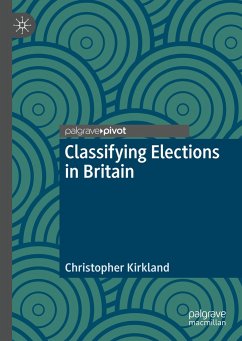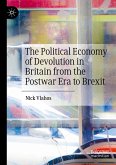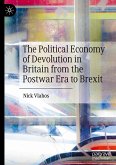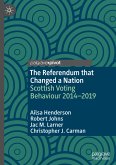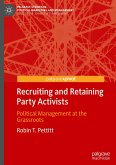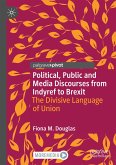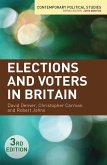This book seeks to understand and classify differences that exist between a variety of elections in Britain. It moves beyond first- and second-order classifications developed following the European Parliamentary Elections in 1979 to include elections of devolved administrations such as the Scottish Parliament, local mayors or the Police and Crime Commissioner Elections. Drawing upon a range of elections, the book develops a new classification based on the interactions that exist between voters, the media and political parties. In doing so, it argues that alongside voters, political parties and the media can, and do, prioritize certain elections. The author explores the role of each group within elections individually through case studies. The final chapter then offers an overall means of understanding the levels of salience attached to each election.
Bitte wählen Sie Ihr Anliegen aus.
Rechnungen
Retourenschein anfordern
Bestellstatus
Storno

